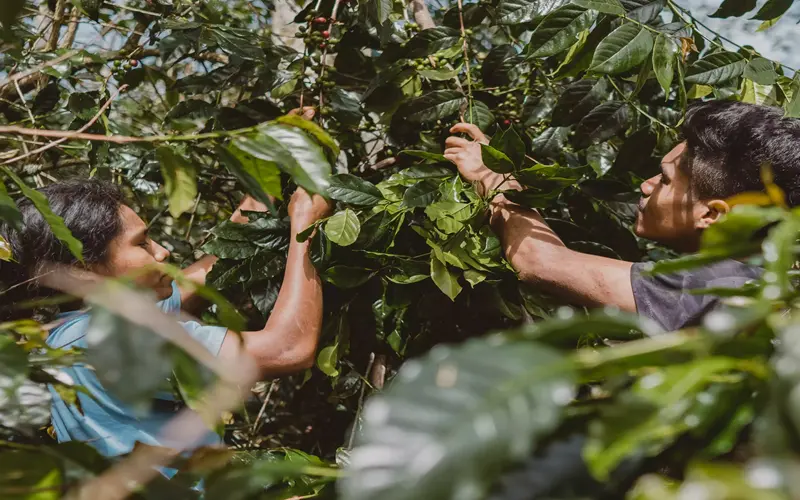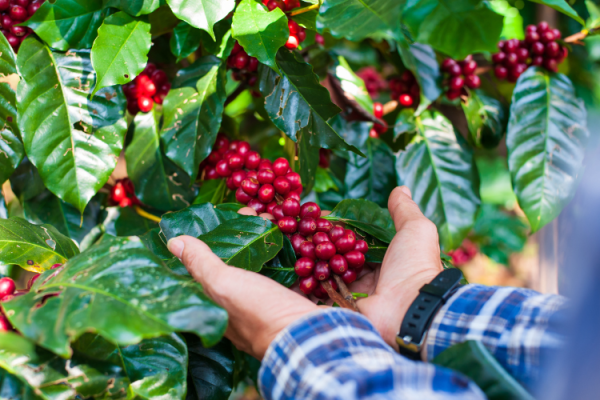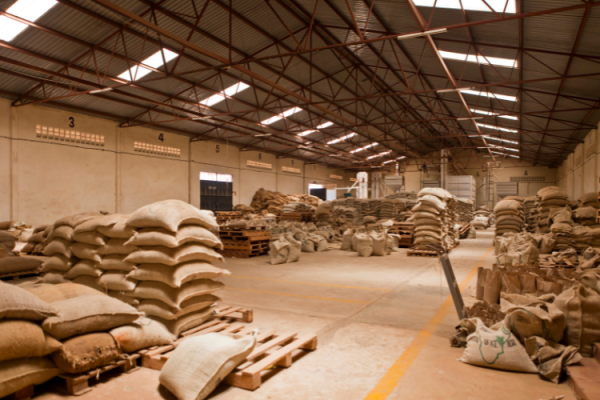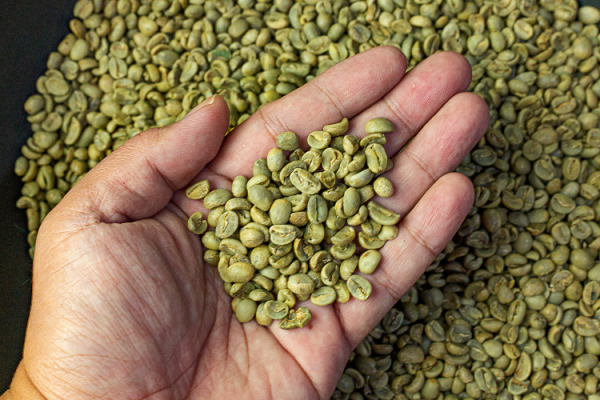The Hidden Costs of Cheap Coffee: Why European Roasters Should Invest in Indonesian Specialty Grade
Discover why cheap coffee is a false economy for European roasters—and how Indonesian specialty-grade beans offer better quality, sustainability, and profitability.

JYN Coffee - The global coffee industry is obsessed with low-cost, high-volume commodity beans—but European roasters are waking up to the hidden costs of cheap coffee. From inconsistent quality to ethical concerns, mass-produced Robusta or low-grade Arabica often lead to higher long-term expenses and reputational risks.
Meanwhile, Indonesian specialty-grade coffee (scoring 80+ on the SCA scale) offers a premium alternative with traceable origins, unique flavors, and sustainable farming practices—key selling points for Europe’s booming specialty coffee market.
Here’s why switching to Indonesian specialty beans isn’t just a trend—it’s a smart business move.
The True Cost of Cheap Coffee
1. Quality Inconsistency
- Cheap coffee often comes from mixed-origin batches, leading to **unpredictable taste profiles**.
- Roasters waste time and resources compensating for defects (sourness, mustiness).
2. Ethical & Environmental Risks
- Mass production encourages deforestation, pesticide overuse, and unfair wages—increasingly scrutinized by EU consumers.
- Brands using unsustainable beans face backlash (e.g., “coffee-washing” accusations).
3. Low Profit Margins
- Competing on price traps roasters in a race to the bottom.
- Cheap coffee sells for €2–€5/kg, while specialty-grade can fetch **€15–€30/kg** (with cafes charging €5+ per cup).
Why Indonesian Specialty Coffee?
1. Exceptional Terroir
Indonesia’s volcanic soil, high altitude, and tropical climate create distinct flavor profiles:
- Aceh Gayo: Chocolatey, earthy, full-bodied.
- Toraja: Wine-like acidity, fruity notes.
- Flores Bajawa: Floral, caramel sweetness.
2. Direct Trade Opportunities
- Partnering with Indonesian cooperatives ensures fair wages for farmers and transparent supply chains—a major selling point for EU consumers.
- Example: Mandheling cooperatives in Sumatra work with roasters to improve quality and sustainability.
3. Premium Market Positioning
- Specialty-grade beans allow roasters to:
- Charge higher prices (e.g., €10/cup in Berlin or Stockholm).
- Build brand loyalty with story-driven marketing (e.g., “single-origin, small-batch”).
How to Start Sourcing Indonesian Specialty Coffee
1. Certifications Matter
- Look for Fairtrade, Organic, or Rainforest Alliance certifications to meet EU regulations.
2. Visit Farms Virtually/Physically
- Offer “farm-to-roaster” transparency via videos or cupping sessions.
3. Test Micro-Lots
- Experiment with small batches (e.g., anaerobic-fermented Java) to stand out.
Conclusion: Quality Over Quantity
Cheap coffee might save costs upfront, but Indonesian specialty-grade beans deliver **long-term value**:
✅ Higher profitability (premium pricing).
✅ Ethical branding (appealing to EU consumers).
✅ Consistent quality (fewer rejected batches).
For European roasters ready to elevate their offerings, Indonesian coffee isn’t just an alternative—it’s the future of sustainable, high-margin coffee.
---
Ready to explore Indonesian specialty coffee? Please Contact Us [JYN Coffee] for ethically sourced, high-scoring beans tailored to the European market. ☕🌱
Share this post:
Related Posts

The Heart of Flores: How Bajawa Coffee Builds Bridges Between Producers and Consumers
Bajawa Coffee stands out as a symbol of quality, culture, and community. Grown in the highlands of F...

Latest News in Indonesia’s Coffee Industry: Innovation, Sustainability, and Global Recognition
Known for its diverse coffee varieties, such as Sumatra Mandheling, Java Arabica, and Flores Bajawa,...

The History of Bajawa Coffee: Indonesia’s Finest Brew
Nestled in the highlands of Flores, Indonesia, Bajawa coffee has earned its reputation as one of the...